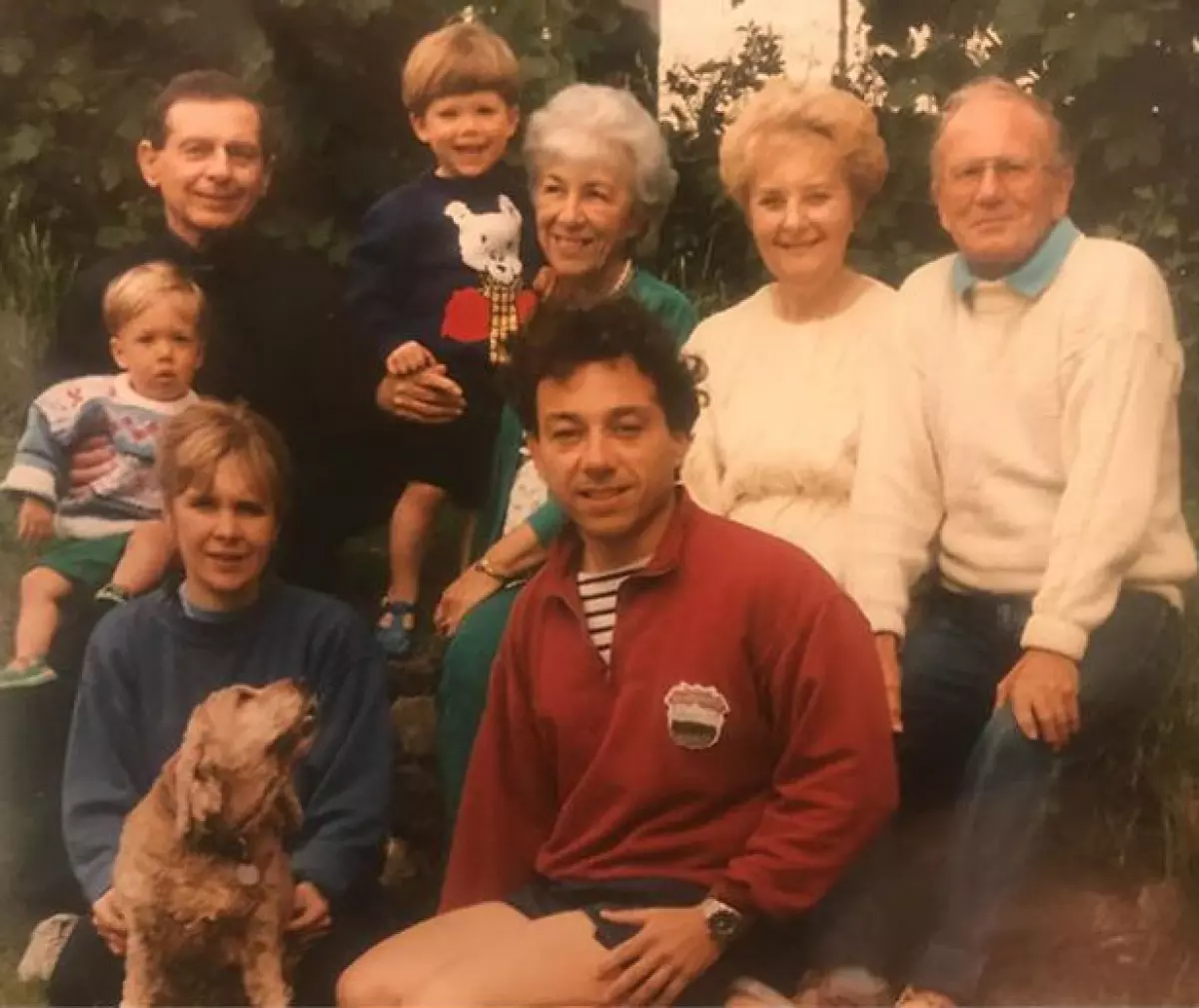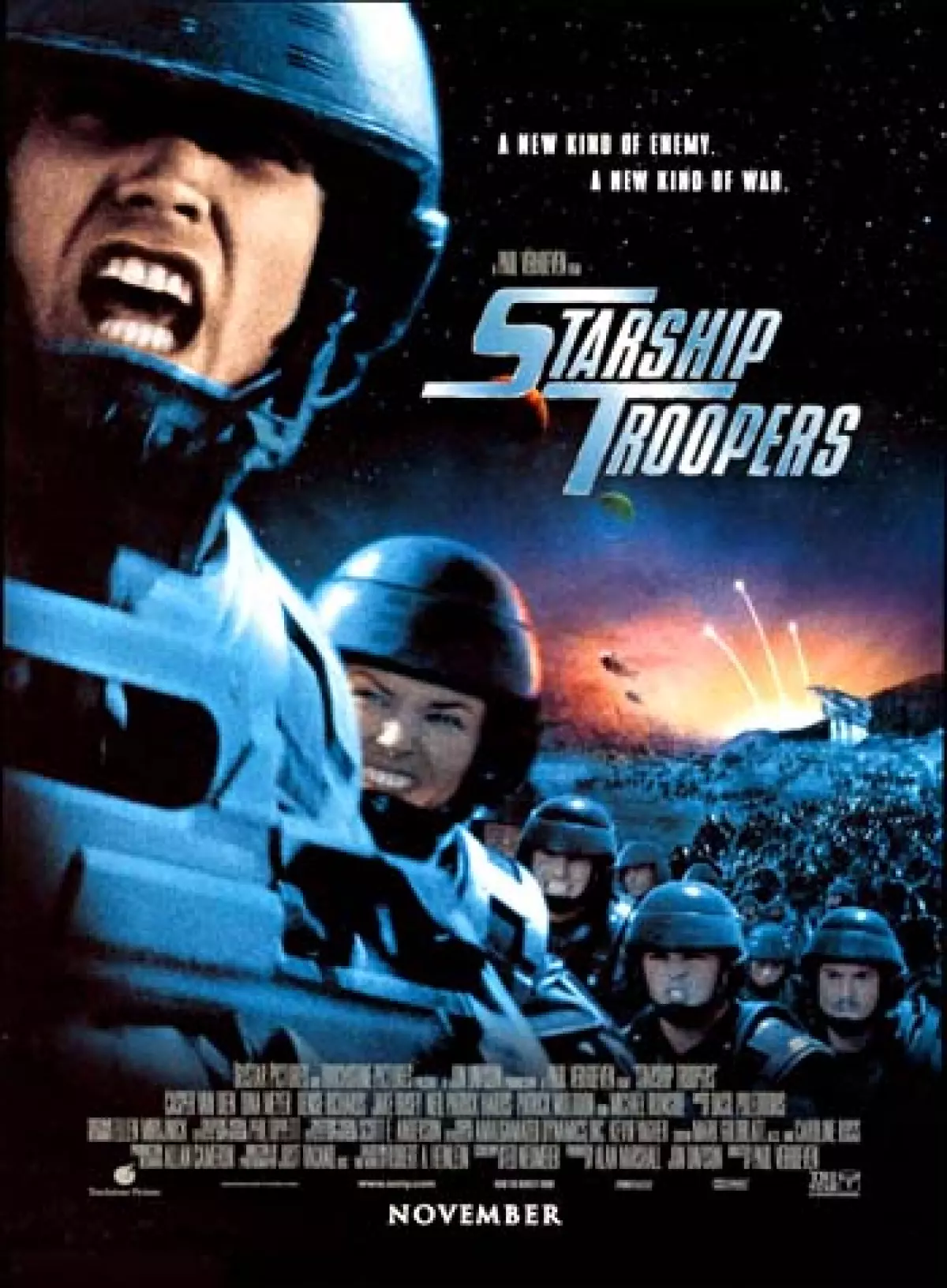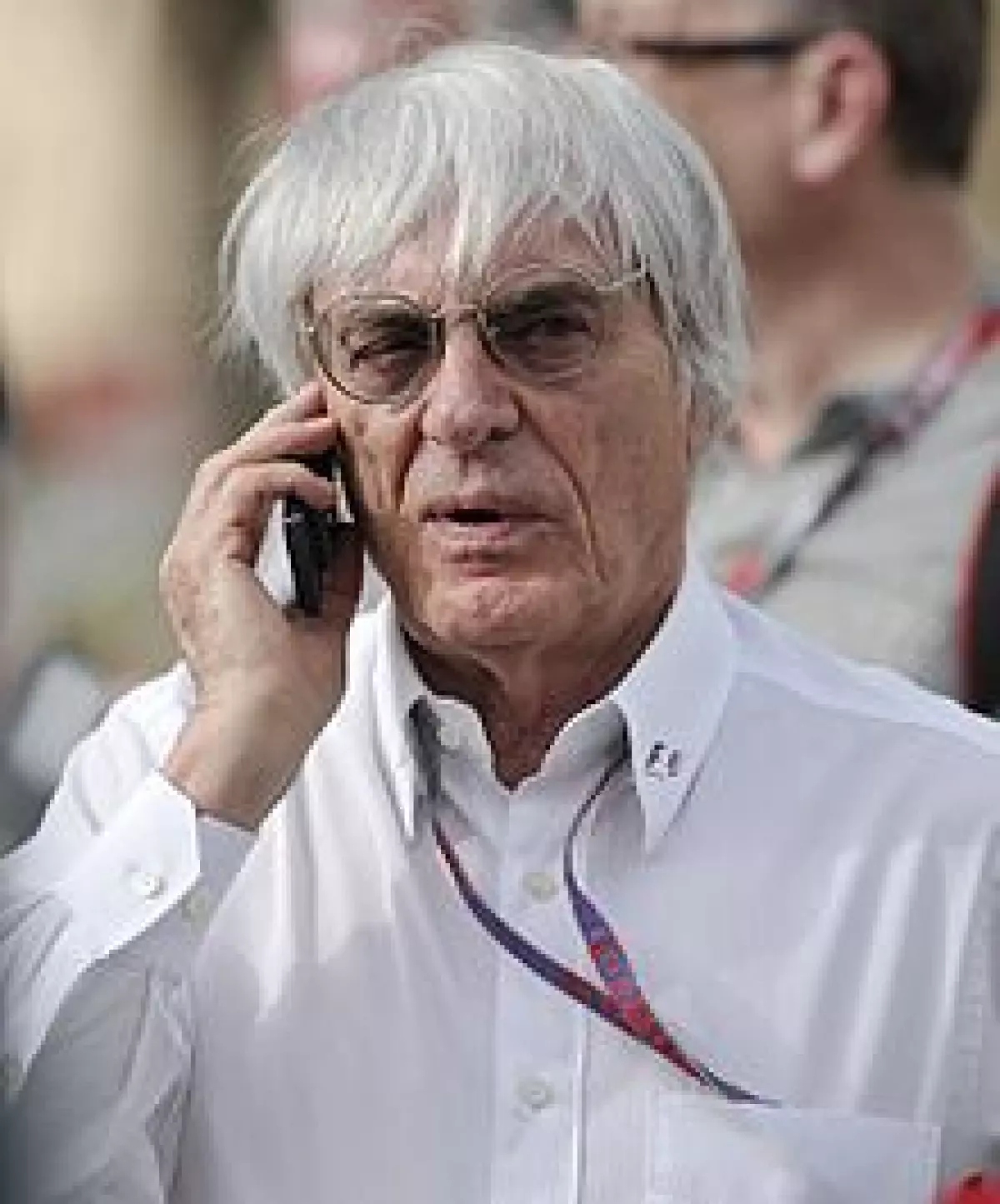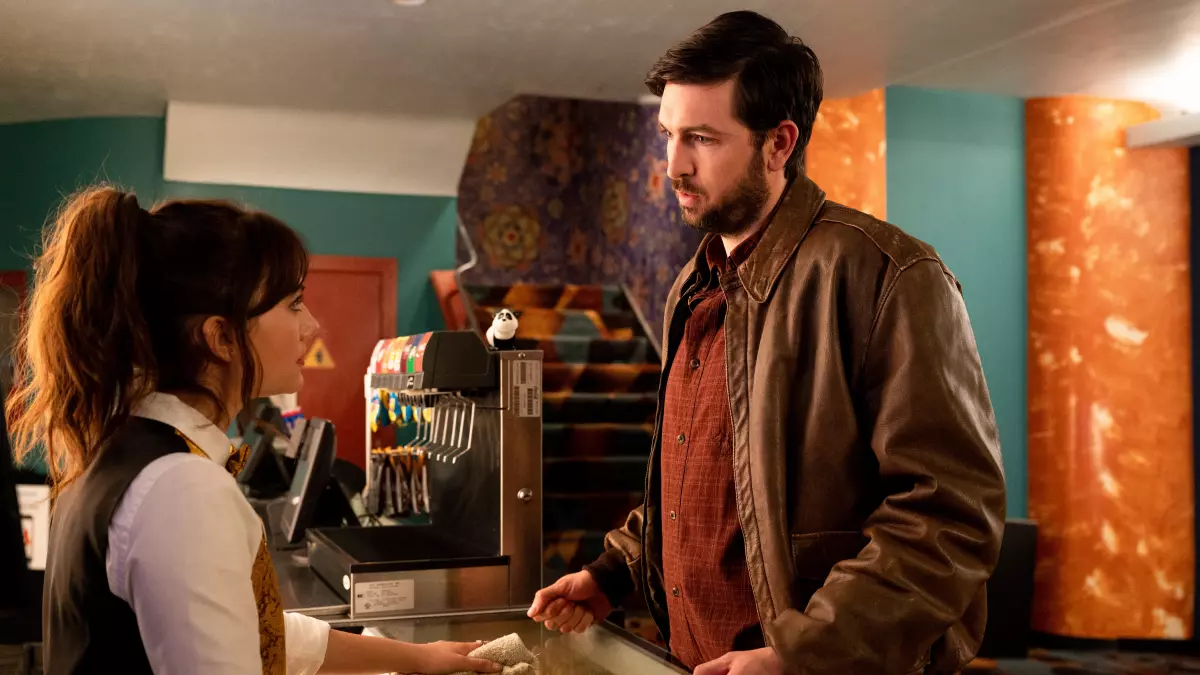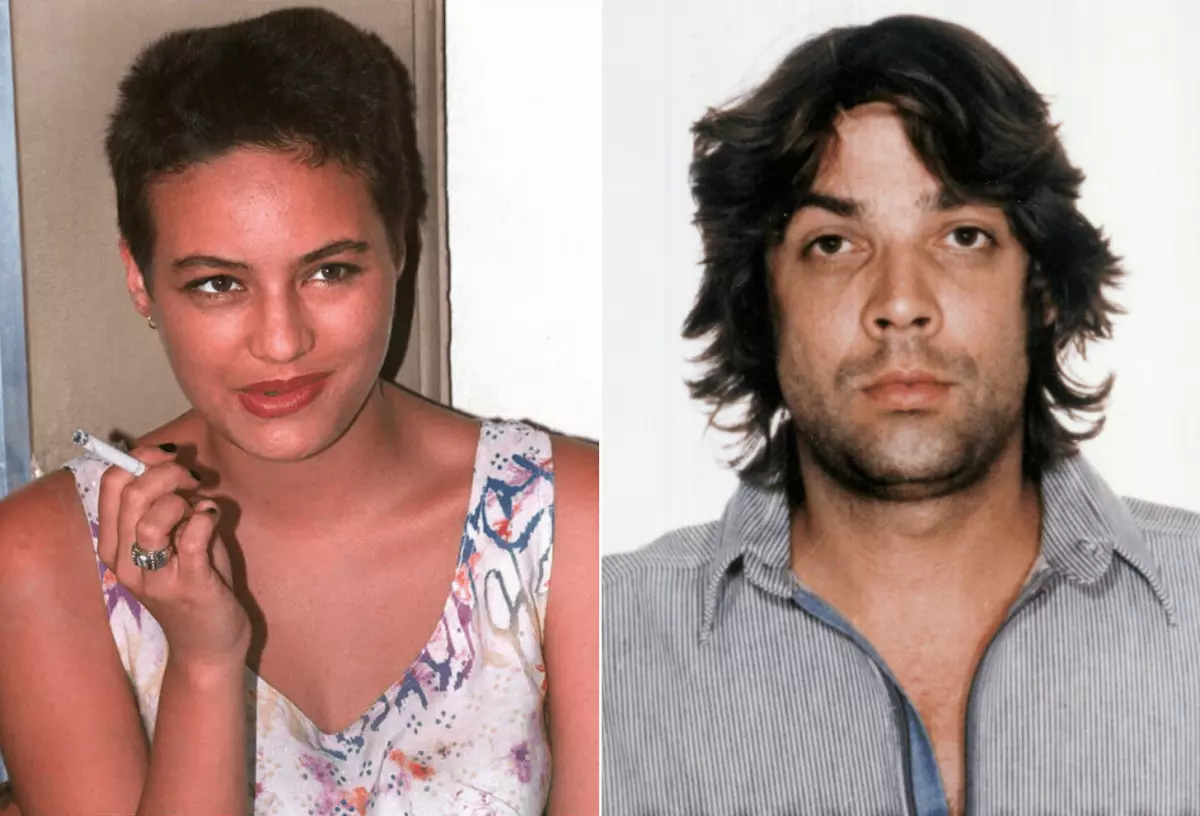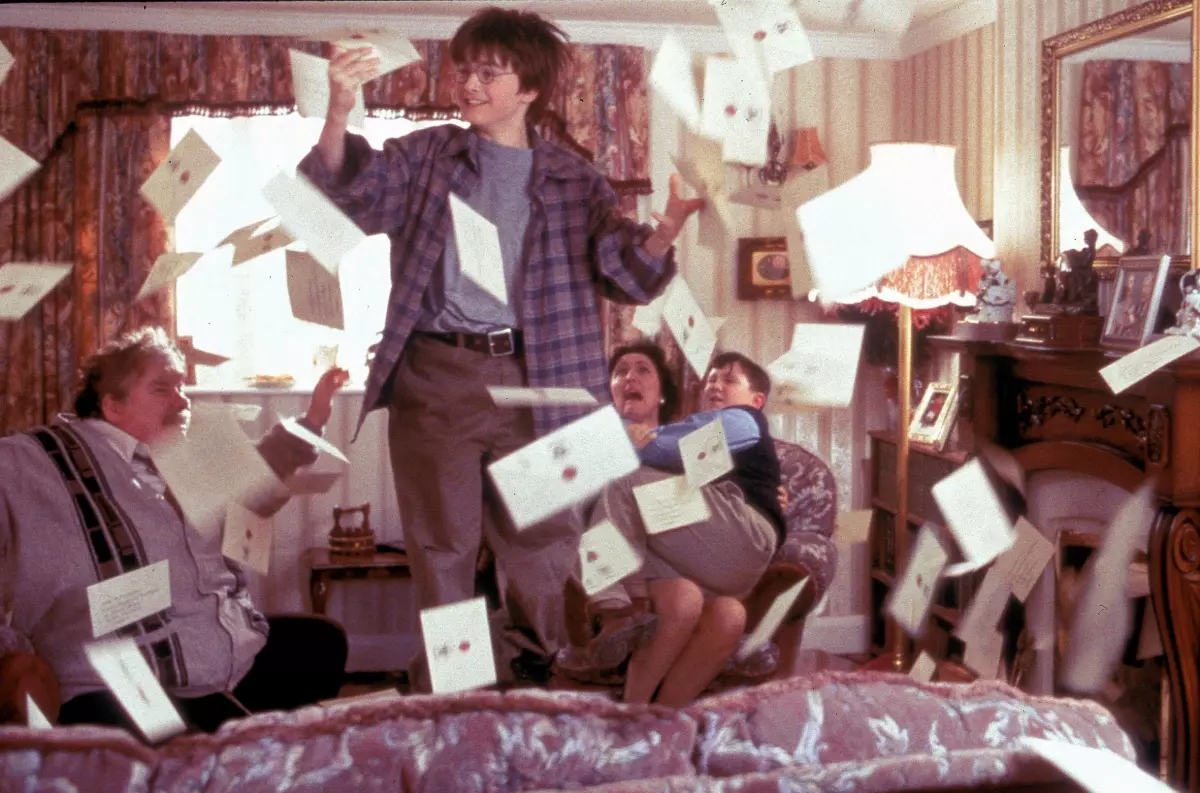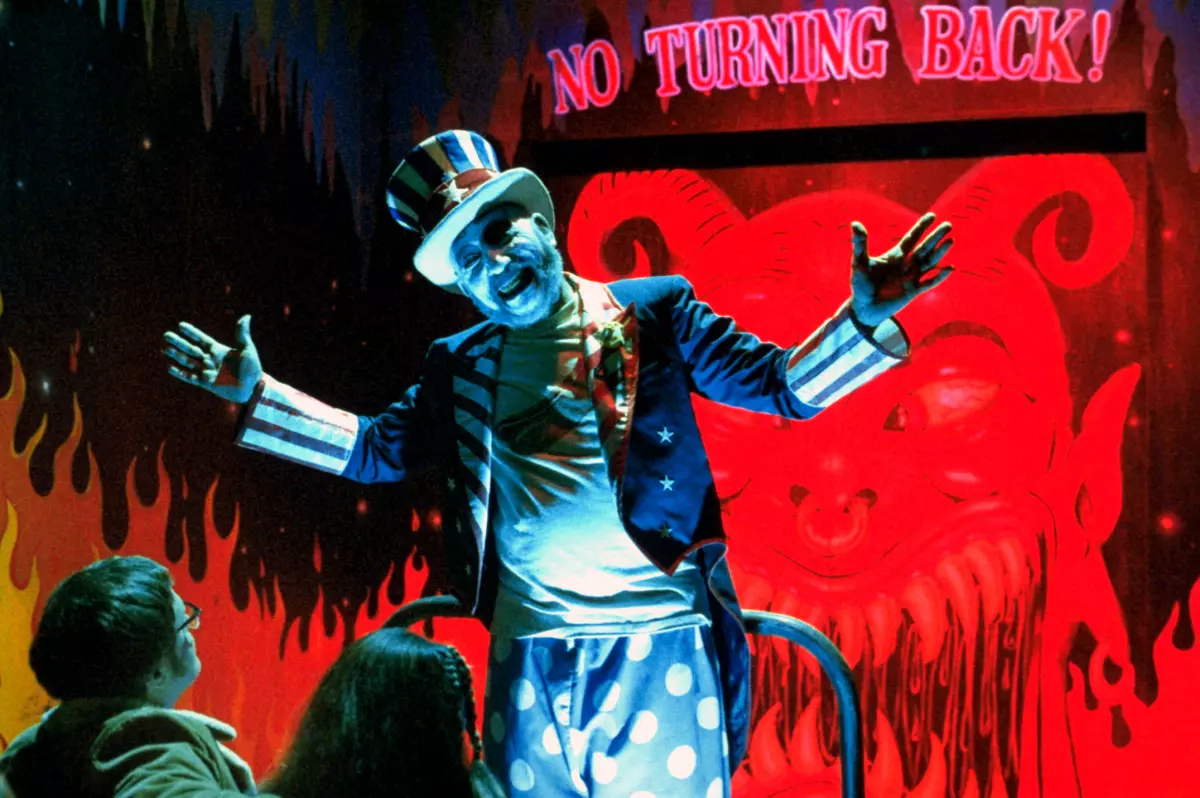 Image Source: Lions Gate/courtesy Everett Collection
Image Source: Lions Gate/courtesy Everett Collection
Twenty years ago, musician-turned-filmmaker Rob Zombie brought together his love for Universal monster movies and gritty '70s horror films by Tobe Hooper and Wes Craven in "House of 1000 Corpses." Initially disowned by its original studio, the film has since become a cult classic. The story revolves around two couples who stumble upon a deranged backwoods family engaged in torture, cannibalism, and satanic rituals. It blends dark humor with genuine horror, featuring the nightmarish imagery that characterizes Zombie's later works like "The Devil's Rejects" and "The Lords of Salem."
While fans appreciate the unique mix of tones in "House of 1000 Corpses," Zombie admits that it wasn't part of a grand plan. In fact, it was a result of his inexperience as a director. Initially dissatisfied with the film, Zombie has now come to appreciate it for what it is. He believes that the movie's eccentricity stemmed from his lack of knowledge at the time. Zombie's first instinct was to create a purely horrific film, but as the production progressed, a "goofy" tone emerged, which he ultimately embraced. Looking back, he realizes that such a movie could only be made when one doesn't know any better. It's the product of naivety and a primitive approach to filmmaking.
Before working on "House of 1000 Corpses," Zombie had experience as a music video director. However, he quickly discovered that what worked in music videos didn't necessarily translate to feature films. Music videos taught him how to deliver a polished product on time and within budget, but he lacked the skills to create a cohesive tone and tell a compelling story. The visual eye candy of music videos often hindered him. Zombie had to adapt and learn new techniques to suit the demands of filmmaking.
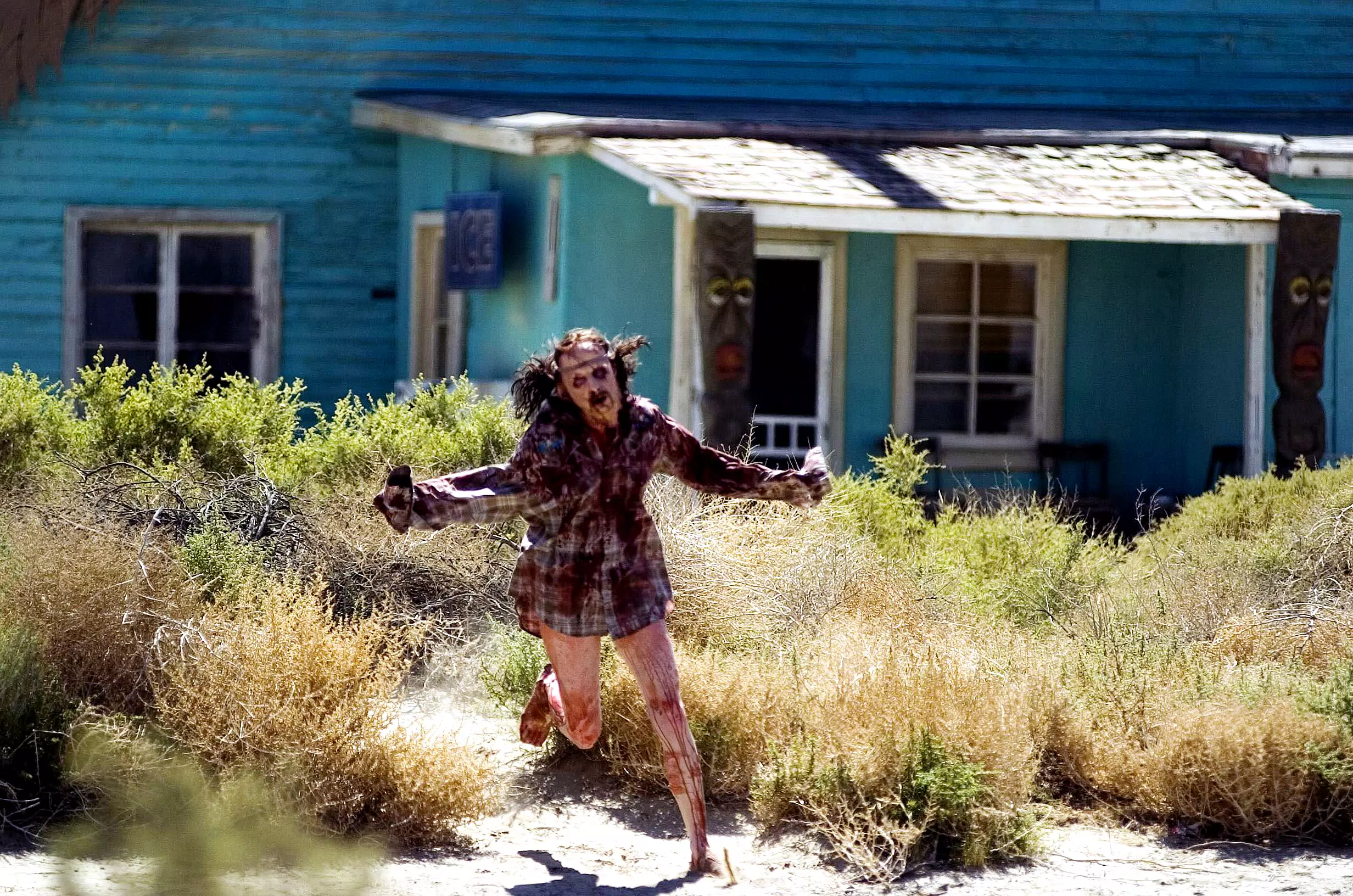 Image Source: ©Lions Gate/Courtesy Everett Collection
Image Source: ©Lions Gate/Courtesy Everett Collection
The journey of "House of 1000 Corpses" didn't end with its initial rejection. Zombie spent three years refining the film, incorporating new footage, and searching for a new distributor. Eventually, Lionsgate picked it up and turned it into a perennial favorite within the horror genre. To celebrate its 20th anniversary, Lionsgate released a stunning Blu-ray boxed set and Steelbook, accompanied by a VOD edition featuring a new commentary track by Zombie.
Although he returned to work with Universal on "The Munsters" recently, Zombie found the experience to be even more corporate and soul-crushing than his first time working with the studio. He reminisces about how, at least during "House of 1000 Corpses," executives didn't interfere with the creative process. Unfortunately, the current industry is driven by lawyers, and fear of litigation stifles artistic freedom. Zombie jokingly wonders if they would even allow him to call it "The Munsters."
Zombie's subsequent film, the 2005 sequel "The Devil's Rejects," provided him with a more fulfilling experience. This time, he decided to defy his natural instincts. Inspired by an episode of "Seinfeld" where George Costanza does the opposite of his usual behavior, Zombie embraced the unexpected. He challenged himself to do the opposite of what felt natural, resulting in a unified tone he had struggled to achieve in his debut. The sequel received positive reviews and solidified Zombie's place in the genre.
Reflecting on his journey, Zombie recognizes the unpredictability of success. "House of 1000 Corpses" was initially met with negative reviews and seemed destined to be forgotten. However, it gained a cult following organically, with fans embracing it for what it was. Even though the movie was born from a series of mishaps, it resonated with audiences who connected with its unique blend of horror and dark humor.
In conclusion, Rob Zombie's directorial debut, "House of 1000 Corpses," teaches us to trust our instincts and embrace the unexpected. Sometimes, not knowing what we're doing allows for great creativity and unfettered expression. Zombie's journey in filmmaking reminds us that even in the face of initial rejection, passion and perseverance can lead to the creation of something truly special.
Listen to the full Toolkit interview with Rob Zombie on the Filmmaker Toolkit podcast, available on Apple Podcasts, Spotify, Overcast, and Stitcher. The podcast features music from the "Marina Abramovic: The Artist Is Present" score, courtesy of composer Nathan Halpern.







